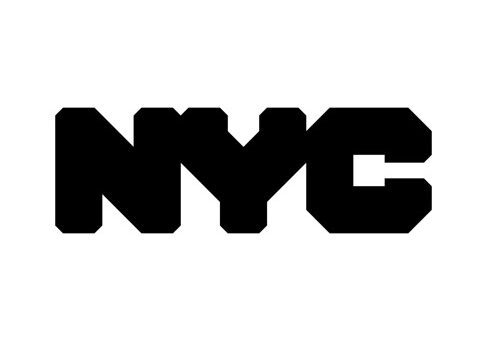
Food for Thought: Medical Marijuana Drags, Children Suffer
This week’s article authored by Nancy Cutler from Lohud: The Journal News.
On a recent Sunday, the Houser family’s house is abuzz – and all the action is in the family room, near the big Christmas tree. Parents are hanging out with visitors, and the kids congregate. But there’s more to it than just family togetherness – Dean and Maryanne Houser’s youngest daughter, Amanda, 10, has an epileptic disorder called Dravet syndrome, which can bring a barrage of seizures. Amanda can never be alone.
The Housers, who live in Suffern, are among a handful of Lower Hudson Valley families who advocated for New York’s new medical marijuana law. These families rejoiced when the Senate finally passed the legislation in June. They cheered Gov. Andrew Cuomo as he signed the new law in July, with little Amanda Houser by his side, as she smiled with excitement at the prospect of a better treatment. An oil known as “Charlotte’s Web” has provided relief to children with Dravet syndrome.
Maryanne Houser was there, along with Dr. Amy Piperato of Thiells, whose 4-year-old son, Vincent, has Dravet syndrome. “In the past five months, not one patient has been able to register, there are no registration forms available; not one physician has undergone the mandatory training outlined in the law, there is no training program in place; and not one cultivator has been given the green light to start growing,” Piperato told the gathering.
There’s recent news that Mount Sinai Hospital is seeking permission from the state to host a trial that could provide a quicker pathway to cannaboid oil treatment for children with epileptic disorders. Piperato, reached Monday, said such a trial would provide “one valuable avenue of access” but would leave out too many children. “I firmly believe now is the time for decisive, groundbreaking legislation that leaves no patient behind,” she said. “We must have rules that allow for a broad, patient-centered model for access – not delays and layers of regulations that only benefit corporations.”
The odds are against that.
The U.S. Department of Justice has denied New York’s request to import marijuanafrom other states in order to provide drugs derived from the cannabis plant to children with severe epilepsy. It would have been a landmark move. Congress only recently ended the U.S. prohibition on medical marijuana, undoing a law at odds with a growing number of states. The Food and Drug Administration still classifies marijuana as aSchedule I drug, meaning it is considered highly addictive and dangerous, with no accepted medical use.
The Justice Department can come up with a strategy that allows medicinal marijuana derivatives to be transported and prescribed among the states that permit its use. Even a restriction to the oil form (New York won’t allow a smokeable form) would provide quick and needed treatment. “Charlotte’s Web” and similar marijuana-derived treatments don’t create a “high” in patients; the drug cocktails used to treat Dravet syndrome include addictive substances that can produce dangerous side effects.
Cuomo has been reticent to move up any timetable or make any exceptions. He has repeatedly expressed concern about potential abuse of marijuana, which he’s called a “gateway drug.”
Dean Houser’s not very interested in the politics, or the push for recreational use. “That’s a debate for somebody else.”
But support for stepped-up access jumps political boundaries. On Dec. 19, the Twitter account of Assemblyman Brian Kolb, the Republican leader of the New York State Assembly, carried the message: “Pain will not wait. Thousands of NYers suffering from debilitating illnesses need help NOW. #medmar #Myholidaywish” with a link to aGannett Albany bureau report on New York’s emerging medical marijuana plans.
Maryanne Houser was so proud when Amanda was chosen to stand next to the governor as he signed this lifesaving bill. She’s a bit more jaded now. She noted that many Dravet kids have various medical and developmental complications. Amanda is bright, bubbly and articulate. “It was a photo op and they picked a kid who could speak.”
There was another little girl with Dravet syndrome in attendance when the Senate finally passed medical marijuana legislation last June. Nine-year-old Anna Conte was brought by her mother to witness history, and the potential for help. Anna died in July, after slipping into a coma from a seizure. Wendy Conte, Anna’s mother, told the Buffalo News that no child should die “because of a ZIP code.”


